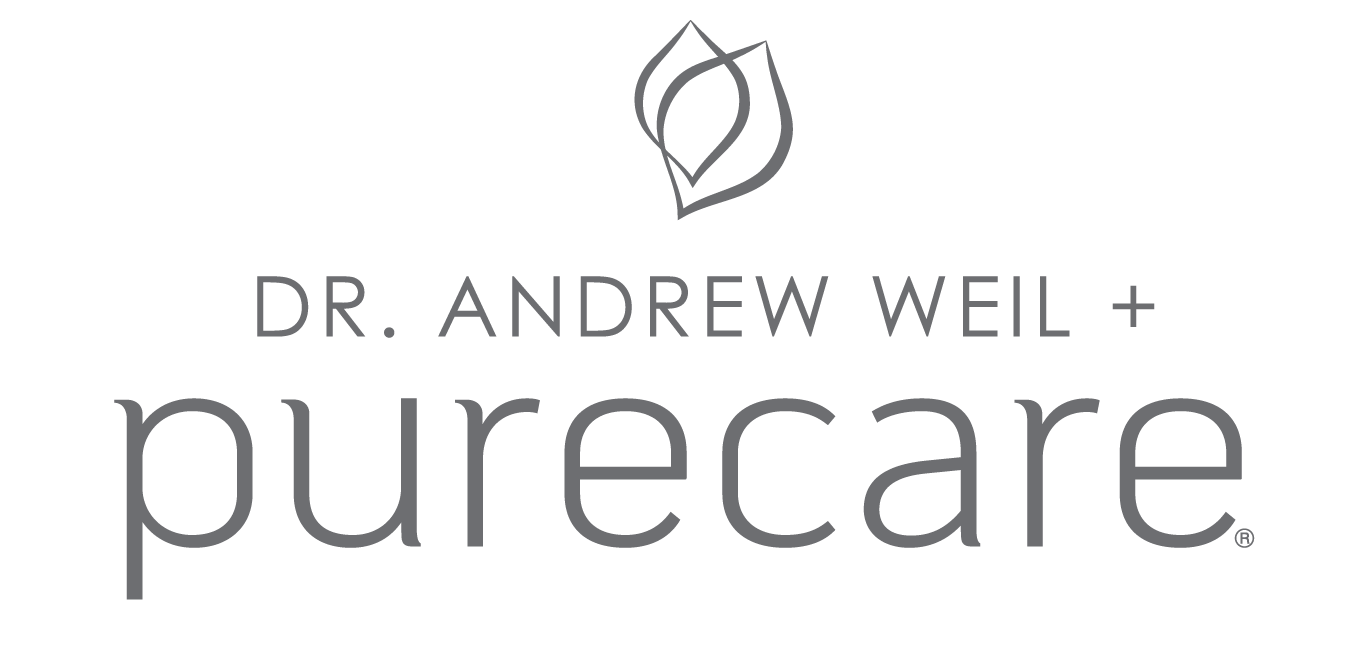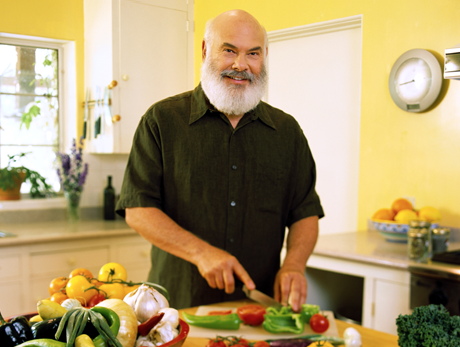Feeling Drowsy? 5 Reasons To Take A Nap

Studies on sleep and the opinions of sleep experts are convincing: napping has great value. People who nap generally enjoy better mental health and mental efficiency over people who do not. The quality of their nighttime sleep tends to be better as well. Unfortunately, finding opportunities to rest during daylight hours in our society is not so easy – the North American culture is actively opposed to and looks down upon the whole concept. Most employers make no provision for “unproductive” activity such as napping.
If you want to embrace the concept of napping – as many cultures worldwide do – consider the following:
- Accept napping as a positive thing. Remind yourself frequently that napping can make a day more productive – it is actually the opposite of being lazy.
- Do not fight the body’s desire to nap. This will result in unpleasant or unproductive days, or in some cases worse as one battles fatigue with potentially over-stimulating effects of extra caffeine or other stimulants.
- Take naps when you can. If your schedule does not permit a nap every day, consider taking productive naps as a passenger in cars, trains, and airplanes.
- Consider time and duration. Napping for too long, too often, or at the wrong time of day can be counterproductive. Experiment with what length and schedule works best for you.
- Napping can mean just taking a break. Lying on a hammock or just staring into space is the essence of rest – it is not doing that refreshes you in body and mind. Consider using an app that guides you to a 10-15 minute meditation that may or may not also induce a short nap.
Today’s Health Topics
Editor's Pick
Health Focus
Ask Dr. Weil's Q&A











